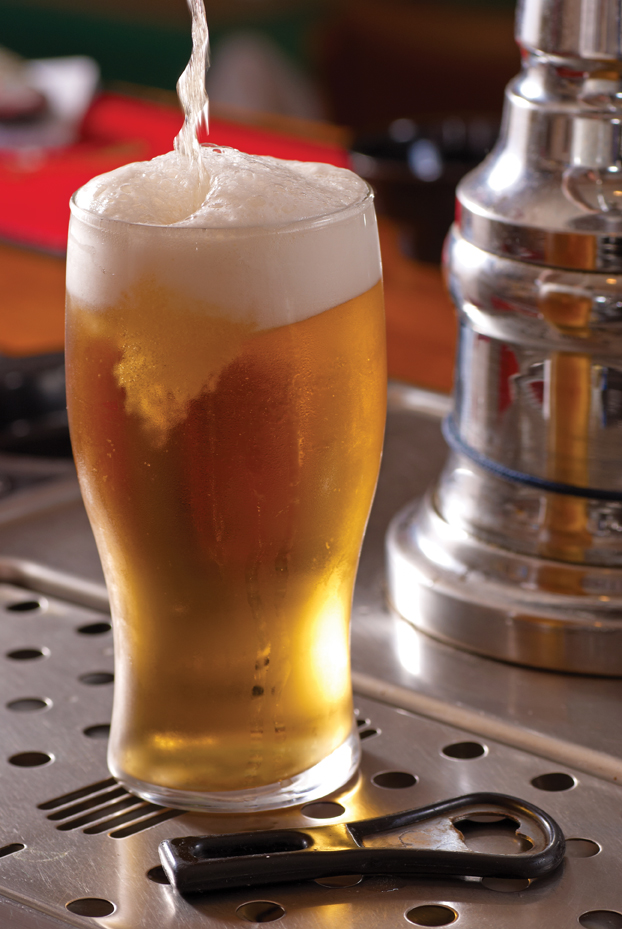Household Bills
Value of money falls 100% while price of a pint soars 15,000% since 1920s

The value of money has fallen 98% since the Queen was born in 1926 and today’s purchasing power is significantly down owing to the 56-fold increase in retail prices.
Someone today would need £55.7m to have the equivalent purchasing power of £1m in 1926, new research from Lloyds Bank Private Banking reveals.
Using figures from the Office for National Statistics (ONS) and to mark the 90th birthday of the Queen, it found the value of money has fallen on average by 4.6%, while the price of a pint of beer has increased 15,633% since 1926, from 2p to an average of £2.57.
The prices of everyday household items have risen substantially too as the price of a loaf is on average £1.02 – 57 times higher than in 1926 (under 2p) and a pint of milk has gone up from 1p to 43p.
FTSE All-Share index out grows retail price inflation since 1929
While retail prices have grown at a rapid pace over the 90 years, the rise in FTSE All-Share index has risen faster, recording a 75-fold increase over the period.
If someone had invested £1m tracking the FTSE All-Share index that sum would today be with worth over £75m.
A million pounds deposited in a savings account would have earned an investor £20.75m in interest income over the same period.
Average weekly earnings have also increased from £2 in 1926 to £492 in 2016.
Sarah Deaves, private banking director at Lloyds Bank Private Banking, said: “The value of money has fallen substantially since the birth of Queen Elizabeth in 1926 as retail prices and the cost of many everyday items has soared. Such has been the rise in inflation that £1.80 in 1926 would have provided the same spending power as £100 today.
“It is interesting that despite the ups and downs in the stock market, the FTSE All-Share index has outpaced cash over this period. For many people, where appropriate, investing some of their money in the market and getting a wider exposure to the UK economy can help grow the value of their money ahead of inflation.”